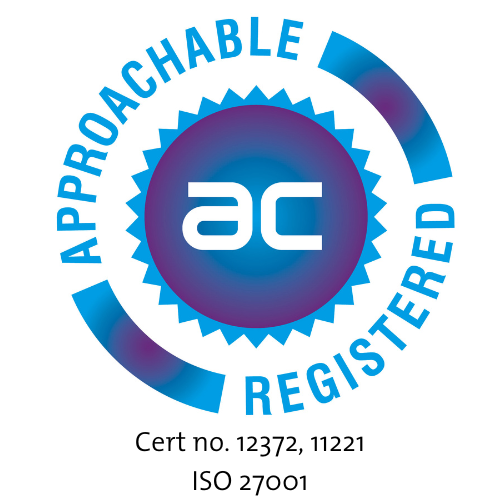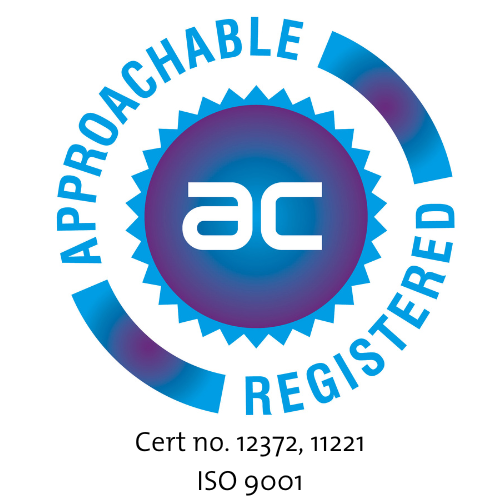The global impact of China’s unique automotive retail model
An interesting trend in China’s automotive sector has surfaced, particularly regarding electric vehicles (EVs), which could spread and become relevant to the European market.
There’s a growing shift in how vehicles are marketed in China, from using the traditional mechanical sales model to imitating how digital products are sold. This is a logical development because software quality is a critical factor in EV performance and choice and EV systems must be capable of interoperating with the broader digital ecosystem. This approach, pioneered by ‘new powers’ specialising in EVs in the auto industry, is now being adopted by established manufacturers.
The UK traditional car purchase experience
When I bought a new car in 2016, I started by visiting a dealership. In the UK, these are usually out of town, with ample space to display dozens to hundreds of cars. Like most customers, I arrived with a budget and a list of essential requirements. I’d received advice from friends before my visit and, on arrival, the salespeople talked me through the options and gave me further advice. I had a test drive, decided, and then waited to receive my new car, choosing between delivery or picking it up myself.
The new car purchase experience in China
Unlike traditional dealers, car retailing has shifted to indoor locations, specifically shopping malls or high-end commercial complexes. For example, car showrooms are typically located on the ground floor of malls, neighboring tier-one fashion brands like makeup and luxury bags. Despite the compact space, the retail team showcases a few flagship models. A sample wall displays various bodywork options such as colors, rims, and mirrors, and high-tech displays feature car specifications and prices.
Interestingly, these prime, ground-floor retail spaces have typically been occupied by mobile phone giants such as Samsung, Apple and Sony, but these retailers have all moved upstairs or online.
At first glance, these showrooms may resemble scaled-down traditional dealerships, but the core experience has transformed. Prospective buyers can sit in the sample EVs, focusing more on the car’s software and user interface than a test drive, reflecting the perception shift from a mechanical to a digital sale.
Assessing the EV usually includes exploring the control panels and digital mirrors, checking out the button locations, investigating the environmental controls, trying out the navigation assistants and considering the interior layouts.
In-showroom datasheets, flyers and wall advertising still emphasise traditional automotive USPs such as acceleration times. However, alongside this are EV USPs, such as battery life and charging times and Smart Vehicle (SV) USPs, such as the number of sensors, the chipset specs and the levels of driver assistance. Then, if the customer wishes, they can still have a test drive as there are usually sample cars parked in the underground car park.
Post-sale services highlight the number of fast-charging points nationwide and explain guarantees of future upgrades via over-the-air transmission and affordable or free internet packages.
The changing profile of EV buyers in China
Observing the customers in these stores reveals that the target audience is younger generations and families who are often well-informed about car specifications from online sources. The store is their final decision point for ensuring they like the car’s experience and choosing their customisation options.
For others, these retail stores provide the first and direct impression of particular brands and, possibly, EVs and SVs, creating an experience significantly different from that of traditional petrol vehicles.
The growth of the car sector’s contribution to China’s GDP
According to the National Bureau of Statistics, in 2023, China’s total automotive output reached 11 trillion RMB, accounting for nearly 10% of the national GDP, surpassing real estate for the first time to become China’s primary economic pillar.
This surge reflects my observations that the younger generation is more inclined to buy a car than real estate. Almost all my junior colleagues have purchased or plan to buy an EV because of the attractive pricing, value, and convenience they offer, as well as the stagnant and still unaffordable real estate market.
Affordable pricing and moderate lending tools mean this digital generation can own their first car at a younger age than their parents. Therefore, it makes sense to offer them a digitalised retail model.
Evolving the customer experience
As customers shift their focus from traditional car USPs to a combination of traditional, EV, and SV USPs, the automotive industry must adapt. This means centering their sales process more on the efficiency, effectiveness and quality of their automobile software development. Failure to do so will result in falling behind the intensive competition.
How Resillion can support your auto sales transformation in China
We keep a close eye on global automotive trends, so we’re ready to support you with knowledge of the market in China, as well as expertise in digital transformation, software testing, conformance and interoperability testing. Since we operate in the EU, US and China, we can offer seamless accessibility from R&D centers to manufacturing hubs to local markets.
We have a strong, flexible, knowledgeable, and culturally aware operational team in China, plus established connections in several consumer electronics sectors. Our teams include experienced business observers and analysts with a front-row seat in China’s market. Compared to larger testing, inspection and certification suppliers, our services are tailored to fit a client’s precise requirements.
As a global team with localised knowledge, we can help you enter the Chinese market or support your assessment of the work quality delivered by your outsourced suppliers in China.
Adapt to a digital sales process to thrive in China
It’s becoming increasingly clear that EVs are more than ‘just’ cars now; they’re consumer products with software and apps. China’s advanced market is treating EVs as digital products, so all automotive manufacturers should follow suit and increase their focus on the quality of the software, apps and systems in the EVs they produce.
If you’re considering this strategy, we’re ready to support you with deep insight into China’s automotive industry, localised and tailored advice, and robust testing, inspection and certification services.
Resillion's Cyber Security Services
Protect, detect, respond, recover. Stay ahead of evolving threats and safeguard your organisation.
Find out moreWant to learn how we can help?
Get in touch with one of our experts.
Our Accreditations and Certifications







